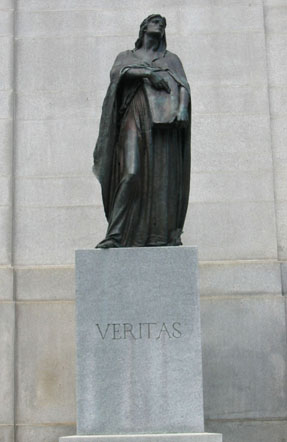Ontario doctors have no right to unilaterally withdraw life support from a patient if the family objects, the Supreme Court of Canada ruled Friday in a case centered on a Toronto man who has been in a coma since 2010.

The wife of Hassan Rasouli, a Shi’ite Muslim, had objected on religious grounds to the doctors’ decision that her husband’s life support should be withdrawn as it was of no medical benefit, arguing if death can be prevented, it should be.
In
Cuthbertson v. Rasouli, the Supreme Court ruled narrowly that under Ontario’s Health Care Consent Act, doctors could not end life support unilaterally, although they may do so with the backing of a special panel.
“While the end-of-life context poses difficult ethical dilemmas for physicians, this does not alter the conclusion that withdrawal of life support constitutes treatment requiring consent under the HCCA,” Chief Justice Beverley McLachlin wrote for the 5-2 majority.
The healthcare consent law allows doctors to ask a provincial board to overrule the wishes of a patient or a substitute decision maker in a case like this. But Rasouli’s doctors had opted not to take this route.
Rasouli, now 62, underwent surgery to remove a benign brain tumor in October 2010. He then developed an infection that caused severe brain damage. He has been unconscious ever since, but has been kept alive by mechanical ventilation and by a feeding tube.
The minority opinion in the court said patients don’t have the right to be kept on life support indefinitely — to insist on treatment that doctors consider no longer to be effective or no longer to be “consistent with the professional standard of care.”
“The continuation of life is not an absolute value,” Justice Andromache Karakatsanis wrote for the minority. “A doctor cannot be required to act outside of his standard of care and contrary to his professional duties.”
McLachlin stressed that the case turned on the specifics of Ontario law, though she noted that four of the other nine provinces have similar laws, implying it might have application there as well.

 The wife of Hassan Rasouli, a Shi’ite Muslim, had objected on religious grounds to the doctors’ decision that her husband’s life support should be withdrawn as it was of no medical benefit, arguing if death can be prevented, it should be.
The wife of Hassan Rasouli, a Shi’ite Muslim, had objected on religious grounds to the doctors’ decision that her husband’s life support should be withdrawn as it was of no medical benefit, arguing if death can be prevented, it should be.